Frustrated with what they believed to be a misperception of people with disabilities, Logan Kelble began posting dance videos on TikTok and bold, colorful fashion and makeup looks on Instagram – often with a full-screen feeding tube.
Kelble, a 22-year-old living in West Virginia who uses their / their pronouns, said he shares glimpses of his life with a feeding tube and Ehlers-Danlos Syndrome (EDS), a rare disorder that affects connected tissue and causes Kelble’s chronic pain it was a way of showing the world that people who are sick or disabled are not defined by their condition.
“I just opened accounts honestly to make friends, because I didn’t know anyone who had what I had,” they said. “People often treat me differently or feel sorry for me or almost take pity on me because I have a tube. People with disabilities are not physically the same, but mentally we are just as capable of being complex and intelligent people. ”
Kelble and Nicole Spencer, a medical student who also lives with EDS, are among the many young people who use social media to fight disability misconceptions and talk honestly about their mental and physical health.
Their use of social media is especially poignant at a time when social media companies are considering backlash from lawmakers, health experts and even their own users who say apps like Instagram and TikTok are encouraging people to post. glistening information from their lives, leading to lowered self-esteem among young users.
For example, Facebook, which has since changed its name to Meta Platforms, was the center of controversy last year when whistleblower Frances Haugen released documents she said showed that Facebook knew Instagram was damaging the image of some teens, but did not solve the problem. The company replied that the documents had been used to paint a “false painting”.
The key for users is to avoid mindlessly scrolling through social media channels and passive consumption of content, said Jacqueline Sperling, clinical psychologist and co-founder of the McLean Anxiety Mastery Program at the McLean Hospital in Cambridge, Massachusetts.
“When you view a news feed or other people’s posts, it creates an opportunity to compare when you notice that someone else has more likes,” she said.
Social media can be rewarding when used to facilitate real-world connections, such as scheduling meetings and spending time together, Sperling said.
Spencer, a 24-year-old medical student at SUNY Upstate Medical University, diagnosed with EDS and Orthostatic Orthostatic Tachycardia Syndrome (POTS), which affects blood flow and leads to lower energy.
Spencer has packed and shipped over 400 personalized care packages for children and young adults with chronic conditions through her donated Instagram page, Potsie Packs.
Typical products in the care pack may include electrolyte-containing beverage mixes or compression socks. But they also contain fun items like stickers or tube tape with colorful patterns that you can use to stick your feeding tubes in place.
Spencer said recipients told her the packages helped them feel accepted and that they were “now part of this community.”
Even so, the darker side of social media sometimes looked up.
Strangers on TikTok and Reddit have criticized Kelble’s appearance or accused them of fabricating their disease and using fake adhesive tubes.
“That’s absurd,” Kelble said. “I just block them and move on.”
A Reuters reporter reviewed medical records and spoke to doctors Spencer and Kelble who confirmed their condition. A Reuters photographer accompanied them to their doctor appointments and documented their daily activities of preparing multiple medications at home and making videos for social media.
For chronic conditions that make it difficult to travel or leave home for long periods, the apps have helped both Kelble and Spencer form friendships with people from all over the country.
What started out as Instagram direct messages eventually became almost daily FaceTime conversations between Kelble and three friends. Connecting with friends, all of whom also live with a chronic illness or disability, helped Kelble through difficult times.
“They did save my life a couple of times,” Kelble said.
Some followers also helped support Kelble by purchasing items through Amazon Wish List or by making donations.
After several life-changing experiences, which she said included losing her childhood best friend due to cancer and then living with her own chronic illness, after graduating from medical school, Spencer plans to become a pediatrician and work with children and teens as a doctor who can relate to their.
“Through all my experiences, such as the disease itself or watching my friends go through much more difficult diseases … if I could make one child feel a little less lonely, it would be my dream,” she said.


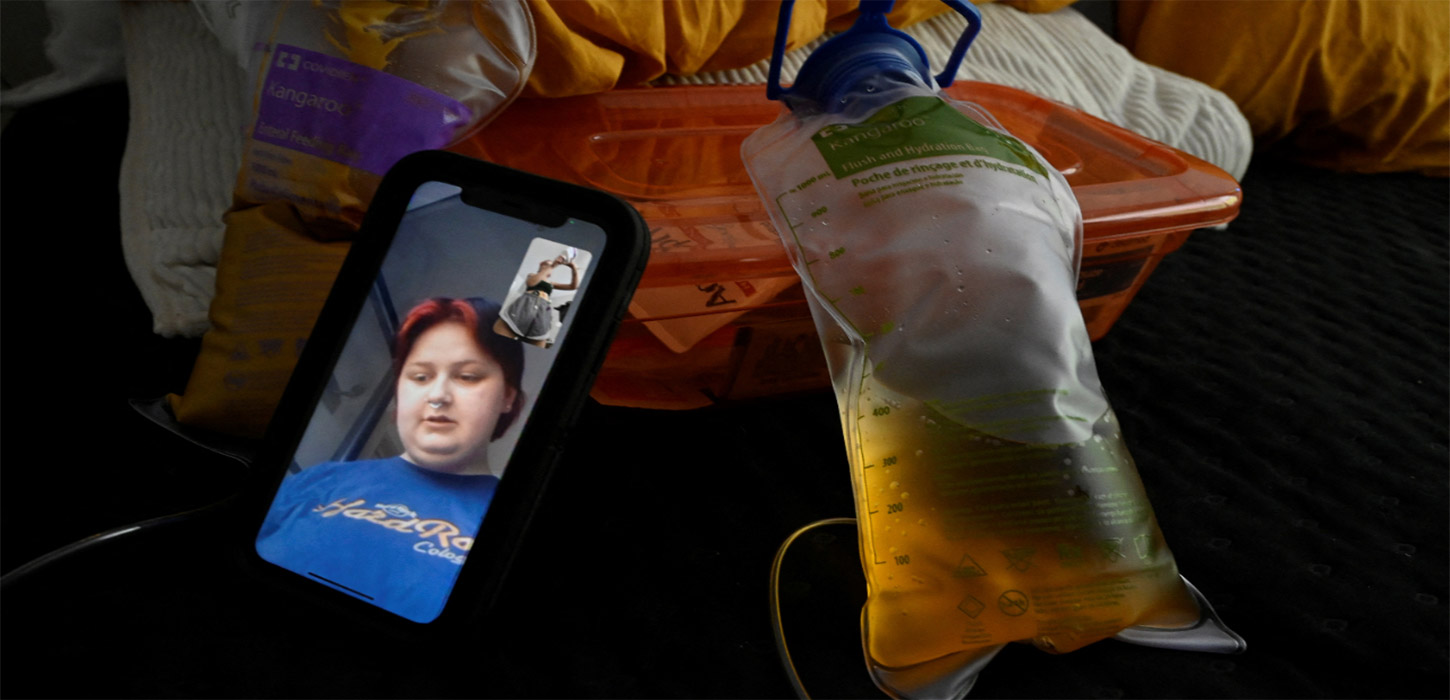


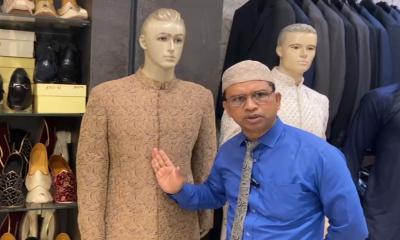





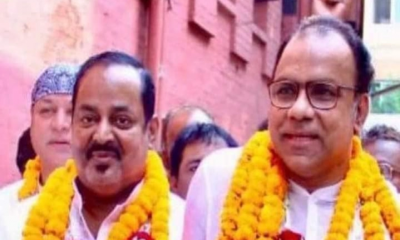

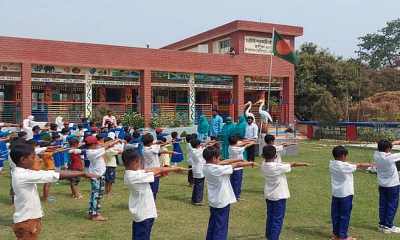
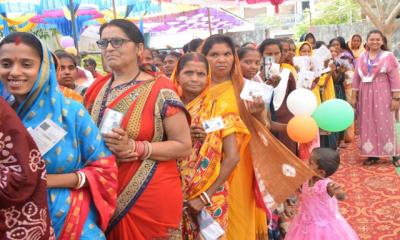

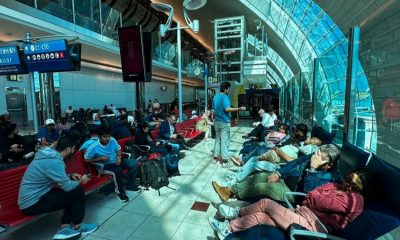





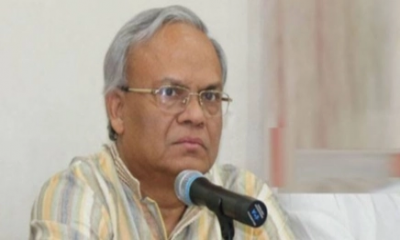




-20240416150710.jpeg)



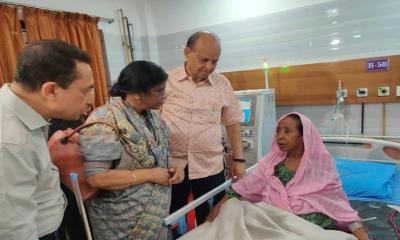
-20240416051011.jpg)






